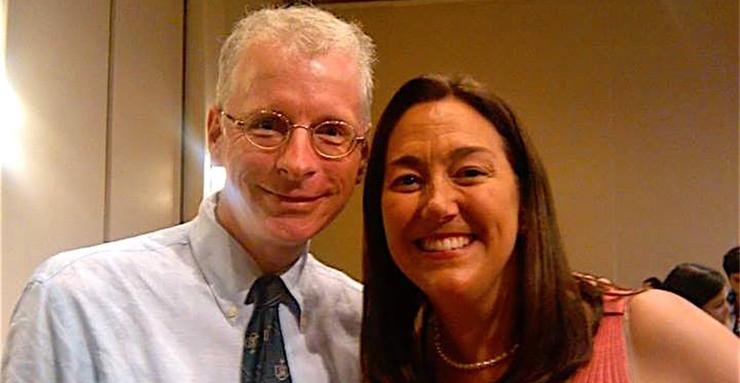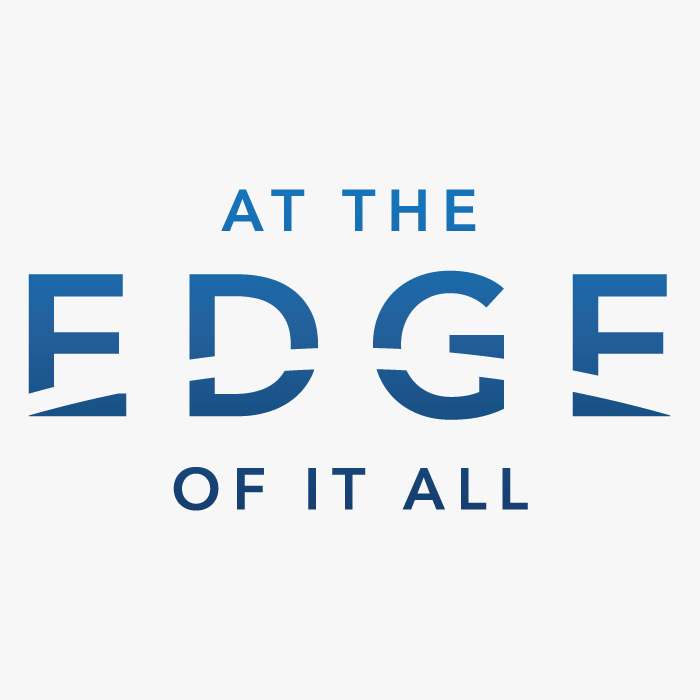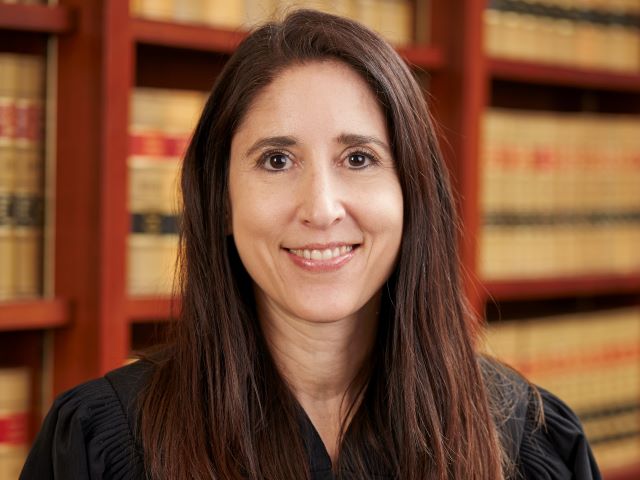Reflection: Freedom Writers Continues to Inspire USD Professor
 Sociology Professor, Thomas E. Reifer, and Erin Gruwell, the Freedom Writers high school teacher. Dr. Reifer recently participated in a Freedom Writers Teachers Institute program.
Sociology Professor, Thomas E. Reifer, and Erin Gruwell, the Freedom Writers high school teacher. Dr. Reifer recently participated in a Freedom Writers Teachers Institute program.Thomas Ehrlich Reifer, PhD, is a sociology professor at the University of San Diego. He recently participated in the Freedom Writers Teachers Institute and reflected upon the experience.
The film, Freedom Writers, starring Hilary Swank, told the story of Erin Gruwell, who taught English in the greater Los Angeles area, in Long Beach, Calif., at Woodrow Wilson High, in the aftermath of the Los Angeles riots 25 years ago.
Confronting endemic segregation in the city and schools, Erin rose to the challenge and created a transformative educational experience where the classroom became a kind of family and community. Students came to trust one another and “Ms. G,” as her students affectionately nicknamed her. They became storytellers in their own right, working against gang violence and racial injustice, promoting education as a vehicle for personal and social transformation.
Drawing on the music of rap artists extraordinaire such as Tupac Shakur — whose song “Changes” made the former pope’s playlist on the Vatican Myspace page — Erin and her students came together to overcome mistrust and racial animus, coming to understand the deadly consequences and roots of racism, from L.A. to the Holocaust.
Inspired by the example of the Freedom Riders, the young group of black and white students who crossed interstate travel lines to challenge segregations, the 150 students in Erin’s English class, all of whom graduated from high school, adopted the name Freedom Writers, becoming narrators of their own story and protagonists of the struggle for educational opportunity, equity, diversity and inclusion.
They published the Freedom Writers diary and related books, and out of this came the film, Freedom Writers, based on the story of Room 203. Erin also founded the Freedom Writers Foundation, and earlier this spring visited USD, where she spread the message of her amazing students and what they accomplished — and still accomplishing — in the struggle against racism and hate crimes, for diversity, inclusion, and education as liberation and personal and social transformation.
Every summer, they have two five-day Freedom Writers Teachers Institutes, where they welcome 25 new teachers in each cohort into the Freedom Writers family, as official Freedom Writers teachers. There, they rekindle the magic of Room 203, going through the innovative teaching style and philosophy that allows students to succeed and lead, transforming themselves and the world.
The techniques of listening to students, bringing them together to share and collaborate while reading and writing and engaging with each other, replete with field trips, to museums and dinners opens up new opportunities for teachers to work with and challenge their students as never before, to learn, in ways that are powerful, serious, but also incredibly fun. What brings it all together are techniques to engage, enlighten, and empower students, through in-class games, journal and letter writing, reading relevant books and watching films, and involving the larger community.
The time I spent with the Freedom Writers really made me realize the importance of building community and a sense of family, through encouraging student self-expression, sharing and collaboration, including those techniques featured in the film, such as journaling and the line game, where students come to realize what they share with others and overcome stereotypes.
Another key element, more important now than ever, are collective experiences that support values of diversity, inclusion and support for human dignity, for example by trips to places such as the Museum of Tolerance in Los Angeles. Here my students can learn about Anne Frank and the 1.5 million children killed by the Nazis, while hearing from and meet Holocaust survivors.
All of it contributes to humanistic education and critical thinking and the values of love, empathy, concern for others, and solidarity. This approach enables students to discover their own paths while helping and joining with others.
— Thomas Ehrlich Reifer, PhD



